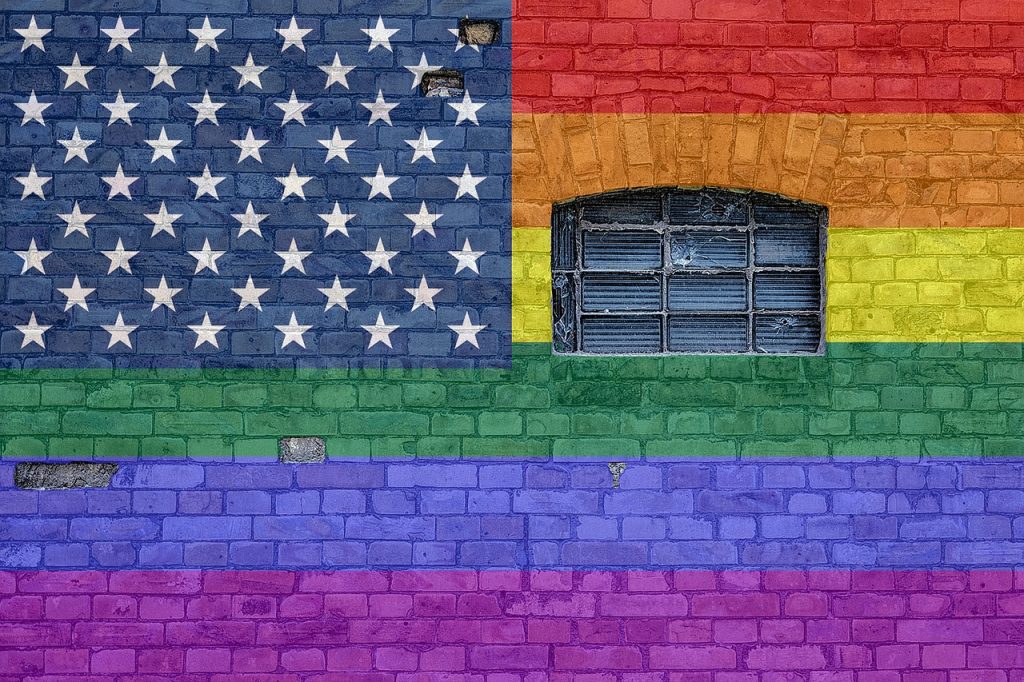 This week, the Second Circuit Court of Appeals became the second federal appellate court to rule that under Title VII of the Civil Rights Act of 1964, the word sex includes sexual orientation. The first was the Seventh Circuit, which ruled that sexual orientation is protected by Title VII last April.
This week, the Second Circuit Court of Appeals became the second federal appellate court to rule that under Title VII of the Civil Rights Act of 1964, the word sex includes sexual orientation. The first was the Seventh Circuit, which ruled that sexual orientation is protected by Title VII last April.
The Second Circuit Court’s ruling affects only New York, Vermont, and Connecticut. All three of these states already prohibit discrimination in employment because of sexual orientation, so the ruling does not have a significant impact on employers there. It does, however, ensure that it is possible for employees who feel they have been discriminated against based on sexual orientation to sue under both state and federal law.
Between 1979 and 2012, most of the circuit courts of appeal ruled that the term sex in Title VII did not include sexual orientation, including the Second Circuit in 2005. But in Monday’s decision, the court acknowledged that legal doctrine evolves. The court reasoned that although Congress may not have contemplated that discrimination “because of sex” would include sexual orientation when it drafted Title VII, that fact need not limit the court’s current interpretation of the statute. The court also pointed to the Equal Employment Opportunity Commission’s position (held since 2015) that sex includes sexual orientation as support for its ruling.
Although circuit courts of appeal often try to align their rulings with the decisions of the other circuits, and most circuits still do not currently recognize sexual orientation as part of sex, the two most recent decisions may indicate a shift in perspective and encourage other circuits to follow suit, overruling their past decisions in favor of a broader meaning for the word sex. The circuits’ conflicting decisions also make it more likely that the Supreme Court will accept a case on this issue soon.

